Bis(2-nitrophenyl) disulfide
Synonym(s):2-Nitrophenyl disulfide
- CAS NO.:1155-00-6
- Empirical Formula: C12H8N2O4S2
- Molecular Weight: 308.33
- MDL number: MFCD00007130
- EINECS: 214-581-5
- SAFETY DATA SHEET (SDS)
- Update Date: 2025-01-27 09:38:02
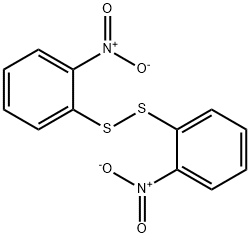
What is Bis(2-nitrophenyl) disulfide?
Chemical properties
yellow to yellow-green crystalline powder
The Uses of Bis(2-nitrophenyl) disulfide
Bis(o-Nitrophenyl) Disulfide, can be used in a PVC membrane electrode as a sensor for zinc ions. It is also a building block used for the synthesis of various pharmaceutical compounds. It can be used for the preparation of a series of 4-Azaindole inhibitors of c-Met kinase.
General Description
PVC membrane electrode based on bis(2-nitrophenyl)disulfide carrier acts as sensor for zinc ions. Bis(2-nitrophenyl) disulphide undergoes mechanochemical grinding with bis(4-chlorophenyl)disulfide in the presence of 1,8-diazabicyclo[5.4.0]undec-7-ene catalyst via metathesis reaction to yield non-symmetrical heterodimer 4-chlorophenyl-2′-nitrophenyl disulfide.
Purification Methods
Purify the disulfide by recrystallisation from glacial AcOH or from *C6H6 and the yellow needles are dried in an oven at 100o until the odour of the solvent is absent. It is sparingly soluble in EtOH and Me2CO. [Bogert & Stull Org Synth Coll Vol I 220 1941, Bauer & Cymerman J Chem Soc 3434 1949, Beilstein 6 IV 1672.]
Properties of Bis(2-nitrophenyl) disulfide
| Melting point: | 194-197 °C (lit.) |
| Boiling point: | 441.9±30.0 °C(Predicted) |
| Density | 1.62 g/cm3 (-123.16℃) |
| refractive index | 1.6510 (estimate) |
| storage temp. | Sealed in dry,Room Temperature |
| form | powder to crystal |
| color | Light yellow to Brown |
| BRN | 1016770 |
| CAS DataBase Reference | 1155-00-6(CAS DataBase Reference) |
| NIST Chemistry Reference | Bis(o-nitrophenyl)disulfide(1155-00-6) |
| EPA Substance Registry System | Disulfide, bis(2-nitrophenyl) (1155-00-6) |
Safety information for Bis(2-nitrophenyl) disulfide
| Signal word | Warning |
| Pictogram(s) |
 Exclamation Mark Irritant GHS07 |
| GHS Hazard Statements |
H302:Acute toxicity,oral H315:Skin corrosion/irritation H319:Serious eye damage/eye irritation H335:Specific target organ toxicity, single exposure;Respiratory tract irritation |
| Precautionary Statement Codes |
P261:Avoid breathing dust/fume/gas/mist/vapours/spray. P280:Wear protective gloves/protective clothing/eye protection/face protection. P301+P312:IF SWALLOWED: call a POISON CENTER or doctor/physician IF you feel unwell. P302+P352:IF ON SKIN: wash with plenty of soap and water. P305+P351+P338:IF IN EYES: Rinse cautiously with water for several minutes. Remove contact lenses, if present and easy to do. Continuerinsing. |
Computed Descriptors for Bis(2-nitrophenyl) disulfide
Bis(2-nitrophenyl) disulfide manufacturer
New Products
Indole Methyl Resin tert-butyl 9-methoxy-3-azaspiro[5.5]undecane-3-carboxylate Boc-His(Boc)-OH 2-CTC Resin 4-Chloro-7-tosy1-7Hpyrrolo[2,3-d]pyrimidine 5,7-Dibromo-1H-indole 2,5-dichloro-N-hydroxy-4,6-dimethylpyridine-3-carboximidamide 2,2-Dimethoxy-7-azaspiro[3.5]nonane hydrochloride 4-chloromethyl-5-methyl-1,3-dioxol-2-one (DMDO-Cl) R-2-BENZYLOXY PROPIONIC ACID 1,1’-CARBONYLDIIMIDAZOLE 1,1’-CARBONYLDI (1,2-4 TRIAZOLE) N-METHYL INDAZOLE-3-CARBOXYLIC ACID 4-((2-hydroxyethyl)thio)benzoic acid 1-(TERT-BUTOXYCARBONYL)-2-PYRROLIDINONE Methyl 6-methylnicotinate 3-Pyridineacrylic acid tert-Butyl carbazate TETRAHYDRO-2H-PYRAN-3-OL 2-((4-morpholinophenylamino) (methylthio) methylene) malononitrile 3-(4-morpholinophenylamino)-5-amino-1H-pyrazole-4-carbonitrile 2,4-dihydroxybenzaldehyde 1,3-Diethyl-1,3-Diphenylurea Methyl 2-methylquinoline-6-carboxylateRelated products of tetrahydrofuran
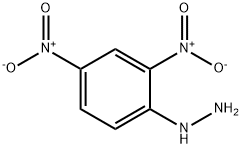
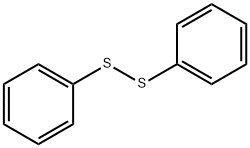

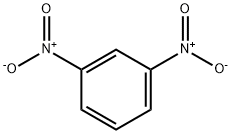

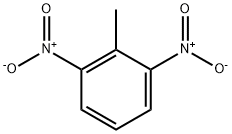
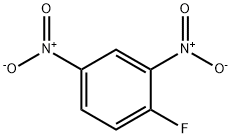
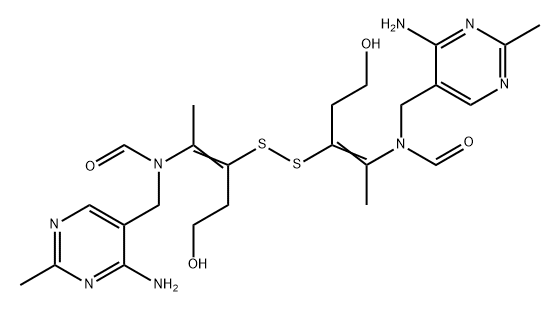
You may like
-
 Bis(2-nitrophenyl) Disulfide CAS 1155-00-6View Details
Bis(2-nitrophenyl) Disulfide CAS 1155-00-6View Details
1155-00-6 -
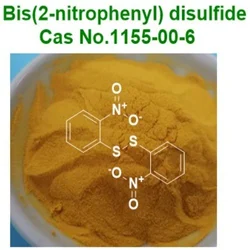 Bis(2-nitrophenyl) disulfide Cas No1155-00-6View Details
Bis(2-nitrophenyl) disulfide Cas No1155-00-6View Details
1155-00-6 -
 2,2' Di Nitro Diphenyl DisulfideView Details
2,2' Di Nitro Diphenyl DisulfideView Details
4171-83-9 -
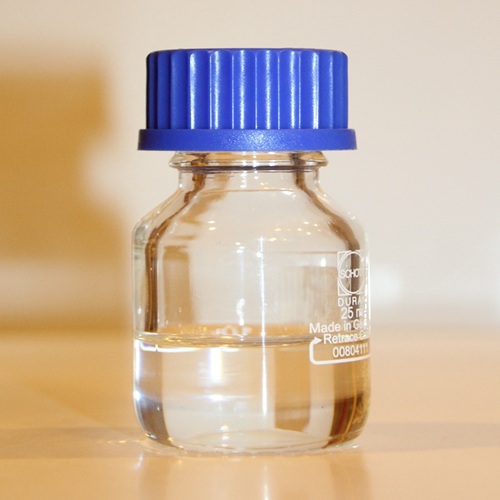 Pyridine 99.5% HPLC /UV SpectroscopyView Details
Pyridine 99.5% HPLC /UV SpectroscopyView Details
110-86-1 -
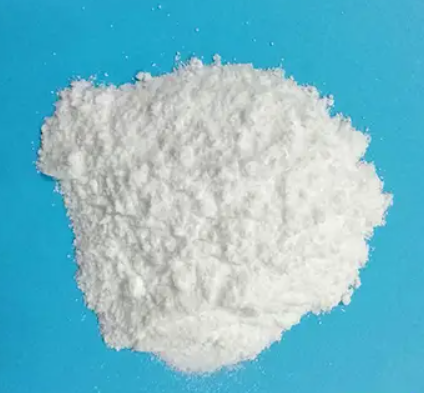 Piperazine Spot supply, best priceView Details
Piperazine Spot supply, best priceView Details
110-85-0 -
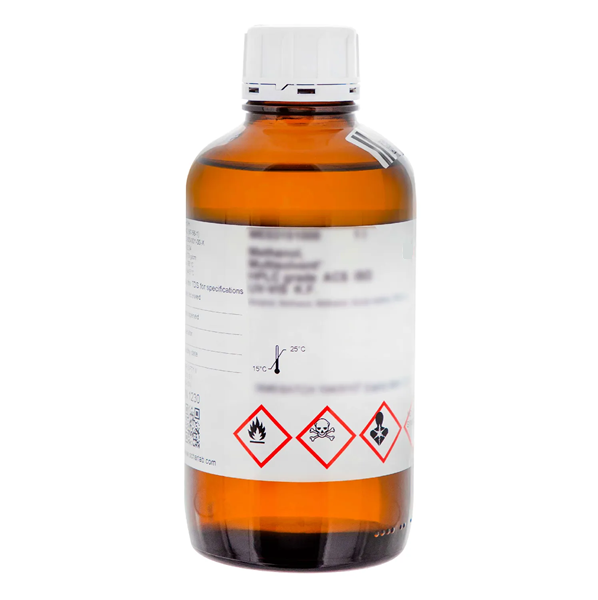 Dibutyl PhthalateView Details
Dibutyl PhthalateView Details
84-74-2 -
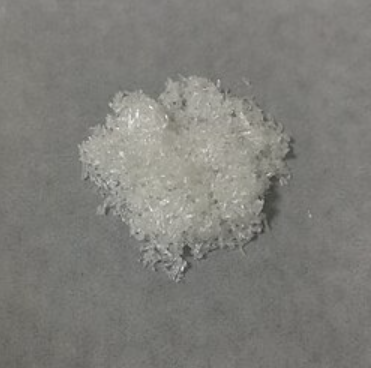 Imidazole Spot supply, competitive priceView Details
Imidazole Spot supply, competitive priceView Details
288-32-4 -
 Thiourea 99% ARView Details
Thiourea 99% ARView Details
62-56-6
